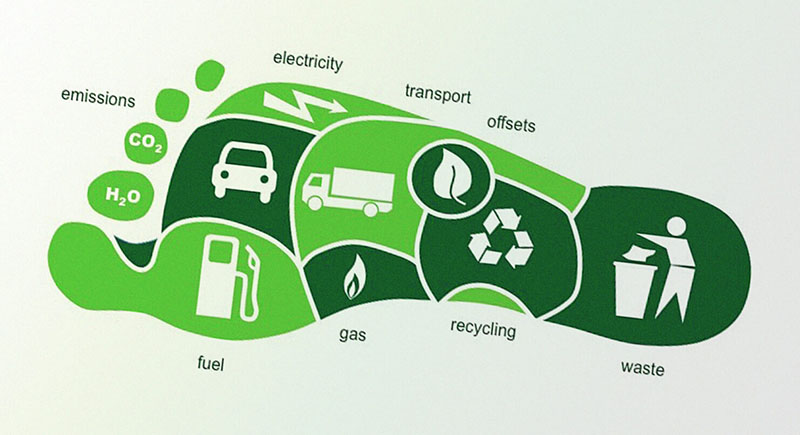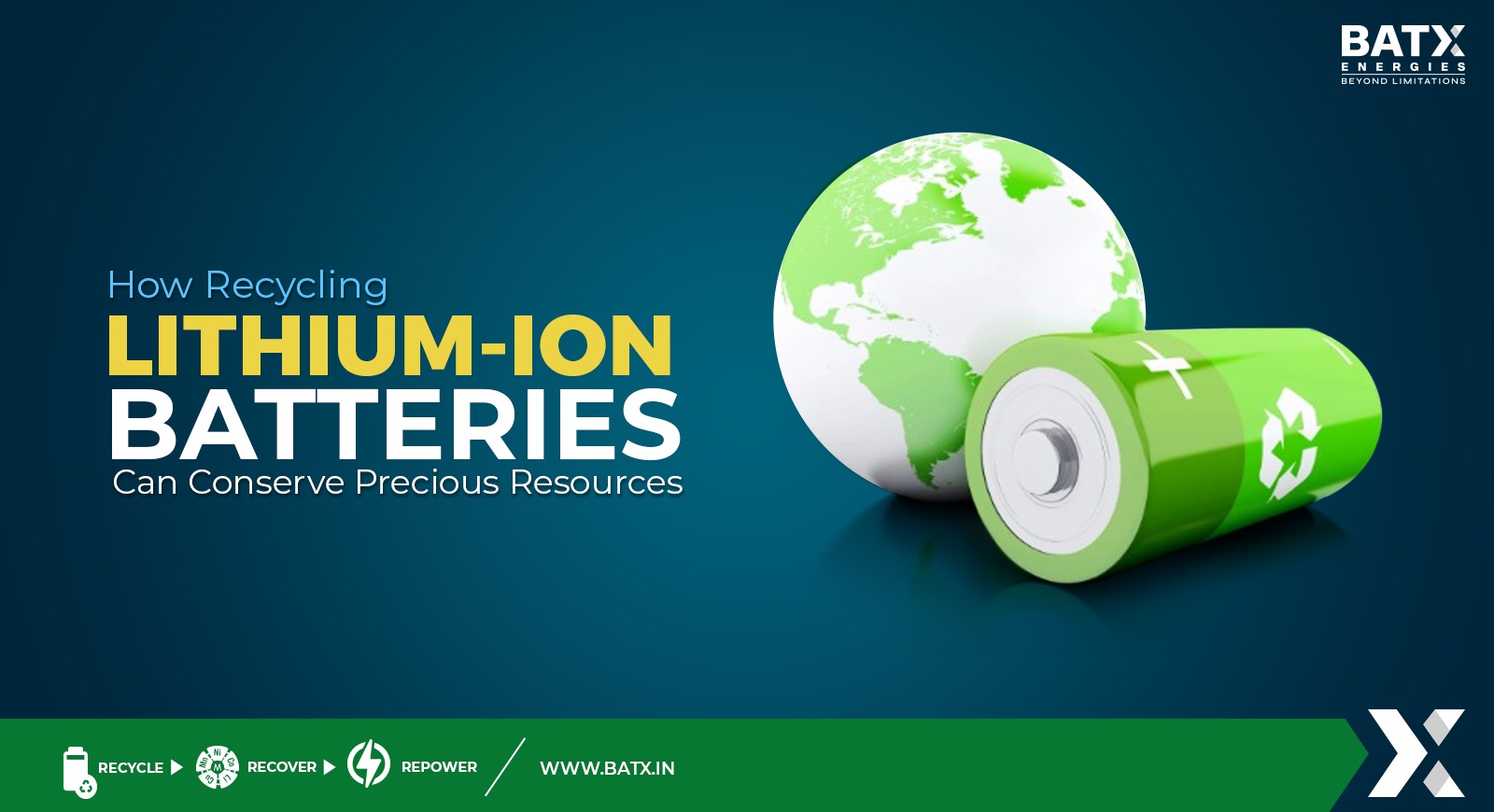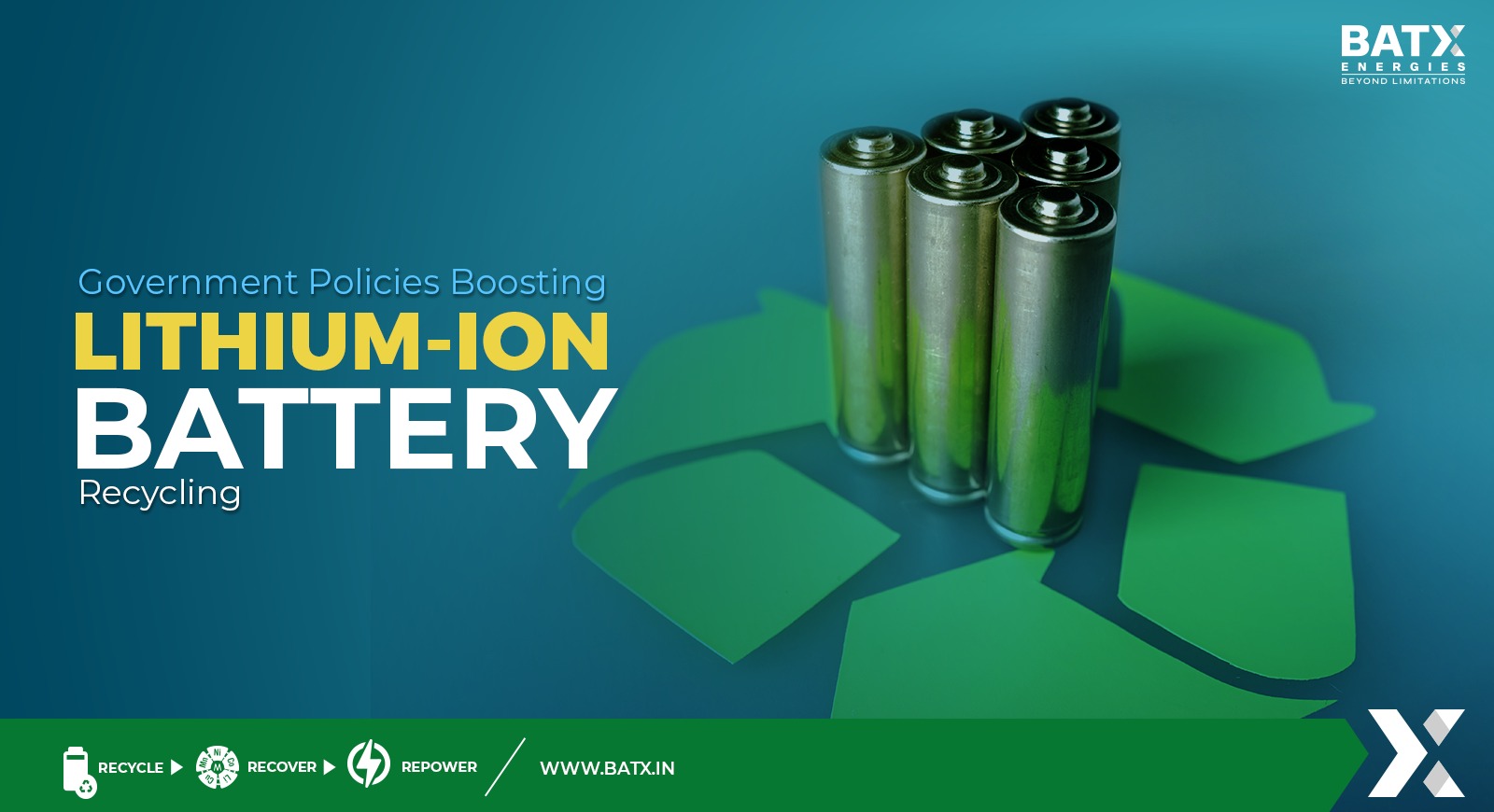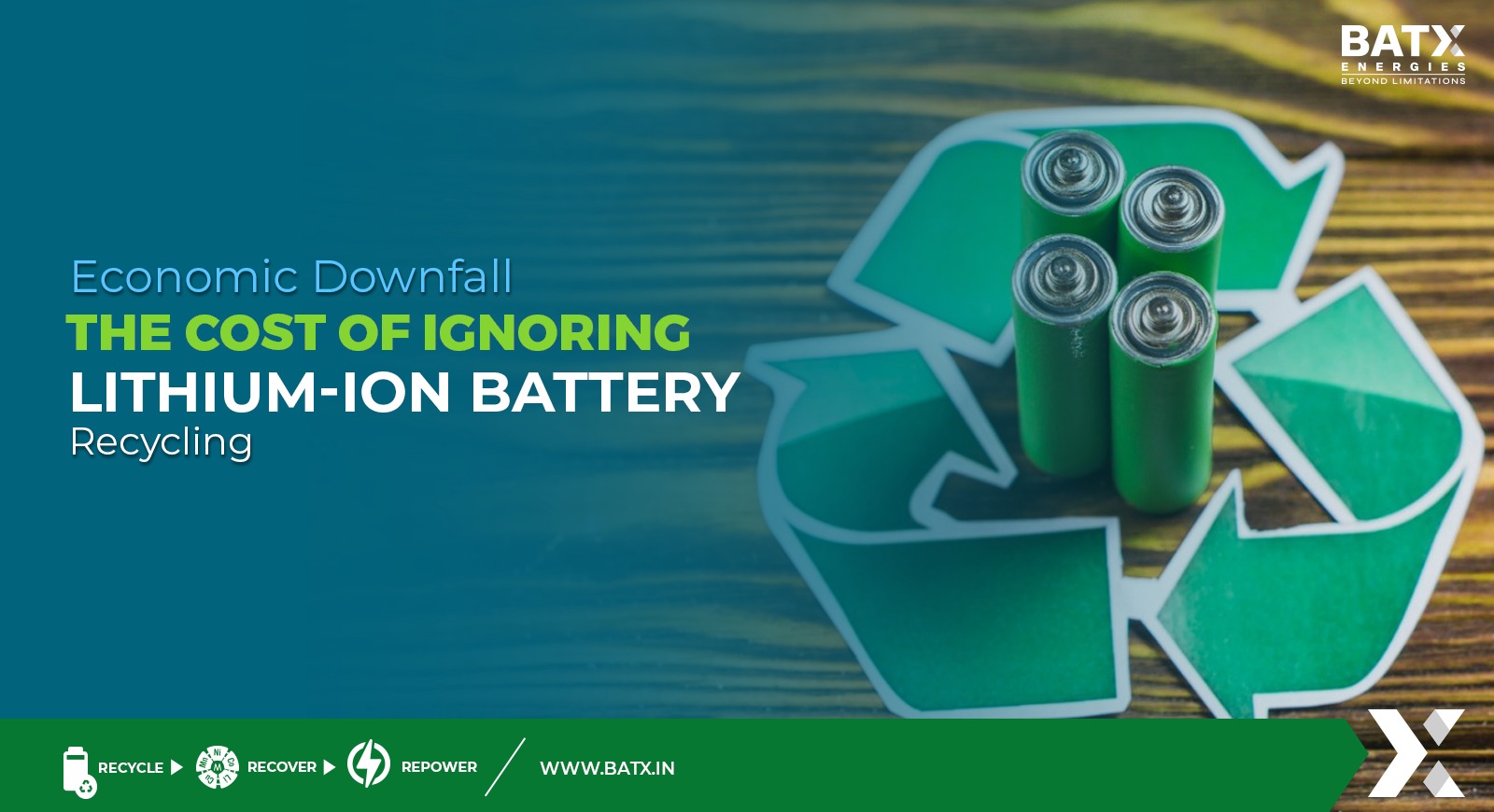The world around us is changing ever so slightly in many different ways every day. Humans can affect the environment through their day to day lifestyle without even noticing the change. An ecological footprint is a measurement of how much a person uses the environment around them to live their life.
The United Nations has said that in order to avoid a dangerous 2 degrees Celsius rise in global temperatures above pre-industrial levels, the average per capita carbon emissions need to be down to 2 tonnes per person each year by 2050 — a significant drop for some countries. Of course, it would be very difficult to eradicate all the carbon emissions that occur in your day-to-day life. However, ensuring that your home is as energy efficient as possible is a good place to start.
Most developed nations are pledging to invest heavily within the next few decades to curb carbon emissions — and new evidence appears to suggest they’re the better option compared to diesel and petrol vehicles when it comes to cutting down on waste too. Only 30kg of raw material will be lost over the lifecycle of a Lithium-ion battery used in electric cars. By comparison, over 17,000 litres of oil is used in a fossil fuelled engine over the same amount of time. Transport and Environment argue these costs are far outweighed by our current oil extraction methods. To put things into context, one fossil fuel car burns enough resources to stack oil barrels 25 storeys high — while an electric car uses a football sized amount of raw materials in comparison. The good news is that electric cars are definitely here to stay. Keep in mind too that battery technology is expected to become more efficient and cheaper to produce in the coming years, requiring less raw materials. High recycling rates of scrapped cars may help to lower the demand further.
By approaching a challenge with the three aspects of sustainability in mind, each process within a system has the potential for increased efficiency that leads to a harmonization of true sustainability. In the case of carbon emissions, these efficiencies can be a can be quantified with economic efficiency of cost savings, social efficiencies of increased stakeholder involvement and environmental efficiencies of cleaner air, land, and water. Energy has a footprint, whether it is a direct emission out of a tailpipe, a smokestack or indirectly through the purchase of electricity from a utility or the indirect emissions from a trip on a plane.
A small but growing tribe of environment-conscious urban Indians are looking at to reduce their carbon footprint by opting for eco-friendly homes. Battery cars are predicted to use 58% less energy than petrol cars over their lifetimes and emit 64% less carbon dioxide, according to the study. In a world, where war rages and global warming threatens our very existence, the inhabitants of earth need to be extra vigilant in their efforts to go green. This includes reducing your carbon footprint on the earth and leading a more sustainable life.



